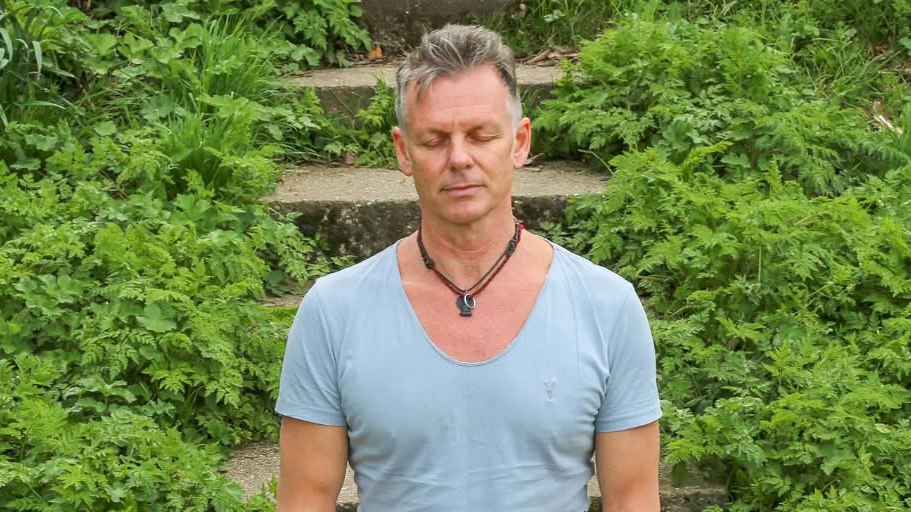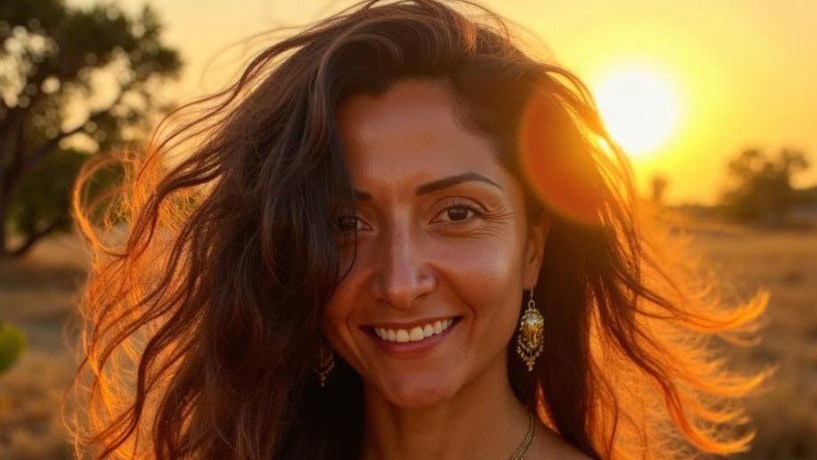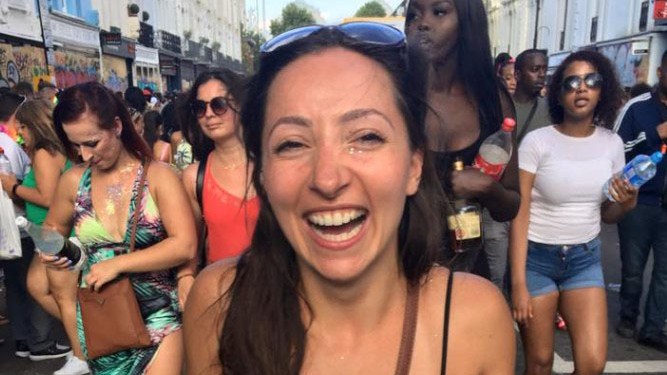A dance teacher is suing a yoga firm, claiming she was “retraumatised” by triggered memories of her adoption during a retreat in Goa.
Melissa Revell has told a judge that intensive self-exploration exercises on a £2,250 yoga training course in 2019 caused her to have a mental breakdown and gain excessive weight.
The 35-year-old claimed she was in good physical and mental health prior to going on the course, which she said involved undisclosed psychological exercises.
Revell has now brought a High Court claim for more than £200,000 against The Yoga People International, a company based in Luton run by Jamie Clarke, 59, and Dulce Aguilar, a 43-year-old Mexican instructor.

Lawyers for The Yoga People International insist neither Jamie Clarke nor Dulce Aguilar, who ran the retreat, were at fault

The dance teacher and personal trainer, from Richmond in southwest London, said that she has gone from a fit and active existence to being “not able to care for herself” and leading “an extremely reclusive, impoverished and dysfunctional life”, with “acute anxiety” whenever she leaves her home.
Lawyers for the company insist that neither Clarke, Aguilar nor any other staff were at fault. The firm also denied there was any “psychological” element to the training in India and that any emotional collapse Revell suffered was not a foreseeable risk of a yoga course.
In a written submission to the court, Revell’s barrister, Marcus Grant, said that she attended the course on the west coast of India with the aim of becoming a qualified teacher of Ashtanga yoga but came home before the course had finished, claiming to have had a mental breakdown prompted by an exercise in exploring childhood memories.
The barrister told the court that Aguilar instructed students to participate in a somatic touch session, a form of massage therapists can use to raise traumatic memories.
“As part of the exercise, the students were instructed to pair up and sit in a circle with one person sitting in front of the other. They were told to take turns in their pairs to hold the other person,” Grant said.
“While holding the other person, they were instructed to imagine that the other person was their parent and massage their shoulders, hold their hands and stroke their hair. Ms Aguilar said words such as ‘I love you, you are my teacher, my carer, my nurturer and I forgive you’.”

Aguilar, 43, was said to have led a somatic touch session, a form of therapy to raise traumatic memories, on the retreat
The barrister added that after the session in Goa, Revell “started shaking and feeling ill” and was gripped with “overwhelming anxiety”.
Revell was said to have explained to Clarke that the exercise had unearthed previously suppressed memories. The organiser was said to have responded that he could not spend all his time with one student, but offered Revell personal therapy sessions on return to the UK.
The barrister branded Clarke’s response as “dismissive”, with Revell having been left “with no resolution or support”, adding that Revell felt a “coercive pressure to participate” in further “psychology-focused exercises”.
That combination of factors caused Revell to “become very ill” and fly home. She was subsequently diagnosed with “significant and severe complex PTSD and comorbid depersonalisation/derealisation disorder” and “functional neurological disorder”, said her lawyer.
Her barrister told the court she was “not able to care for herself. She cannot cook, or clean, or do grocery shopping. Her home is untidy and dirty as a result. She struggles with self-care.”
Lawyers for the company have argued in its defence that there was “no requirement to engage in psychology [or] psychotherapy, and the claimant knew that yoga involved spiritual healing”.
They also denied that Aguilar had conducted a somatic touch psychotherapy session. The dispute is scheduled to return to court for a full hearing at a later date.
